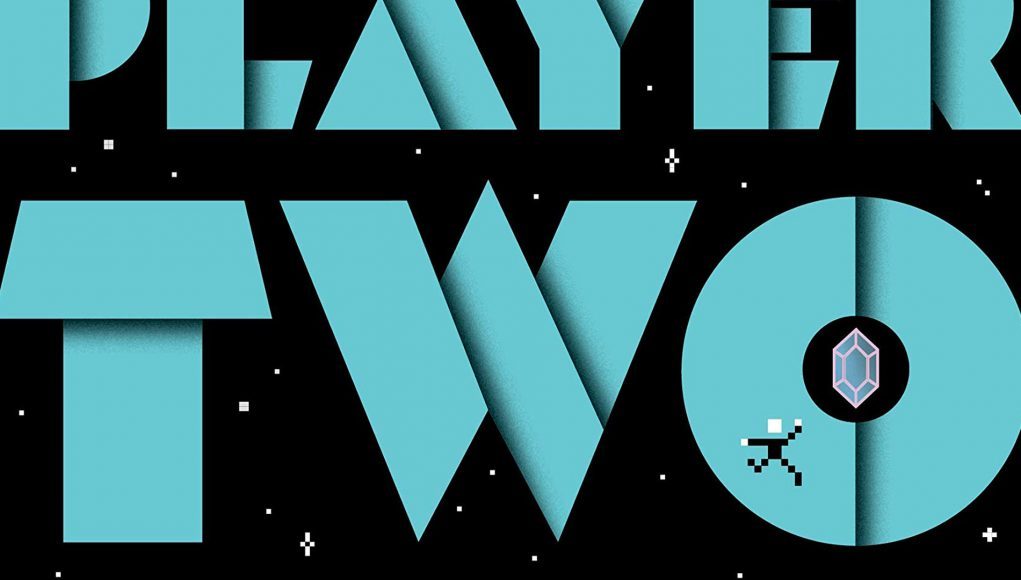Ernest Cline’s breakout novel Ready Player One is getting a sequel on November 24th, which is slated to delve back into the massive multiplayer VR world of the OASIS.
Aptly named Ready Player Two, the upcoming book is being published by Penguin Random House subsidiary Ballantine Books.
It’s already available for pre-order on Amazon, both in Kindle and hardcover format.
Released in 2011, Ready Player One casts a dim vision of the year 2044. Like much of humanity, Wade Watts lives most of his life connecting to the massive multiplayer ‘OASIS’, which acts as a VR escape amid famine and social unrest. It’s a tale of ’80s nostalgia which flows recursively back into fashion thanks to the very Willy Wonka-esque prize hunt the creator of the OASIS, James Halliday, left behind him after his death. That’s the bare bones, no spoiler version of it anyway.
RPO has celebrated its fair share of success; it spent more than 100 weeks on the New York Times bestsellers list and was adapted into a film, produced by Steven Spielberg.
Another big endorsement: Palmer Luckey, Oculus founder and inventor of the Oculus Rift, liked the novel so much that in the early days all Oculus employees received a copy of the book. Of course, not everyone appreciated it.
i dislike Ready Player One, for a lot of reasons; one of those reasons is that at oculus (circa 2015?) all new employees were given a copy & told it was the future of VR. so i started performing a sort of trash collection service & using them to prop up my trackers at work. pic.twitter.com/9Efdt1EQlN
— Katie Chironis (@kchironis) January 17, 2020
Besides the book’s page count (384) and ISBN, there isn’t any further info on Ready Player Two just yet. The cover shows a single Pitfall (1982) style character lunging for what appears to be a diamond—so definitely some amount of ’80s references to play off of here.
Love it or hate it, it’s going to be interesting to see whether Cline has changed his views on virtual reality since writing the first in the series, which came two years before the original 2012 Oculus Kickstarter campaign and resultant relaunching of VR headsets into the consumer market.







